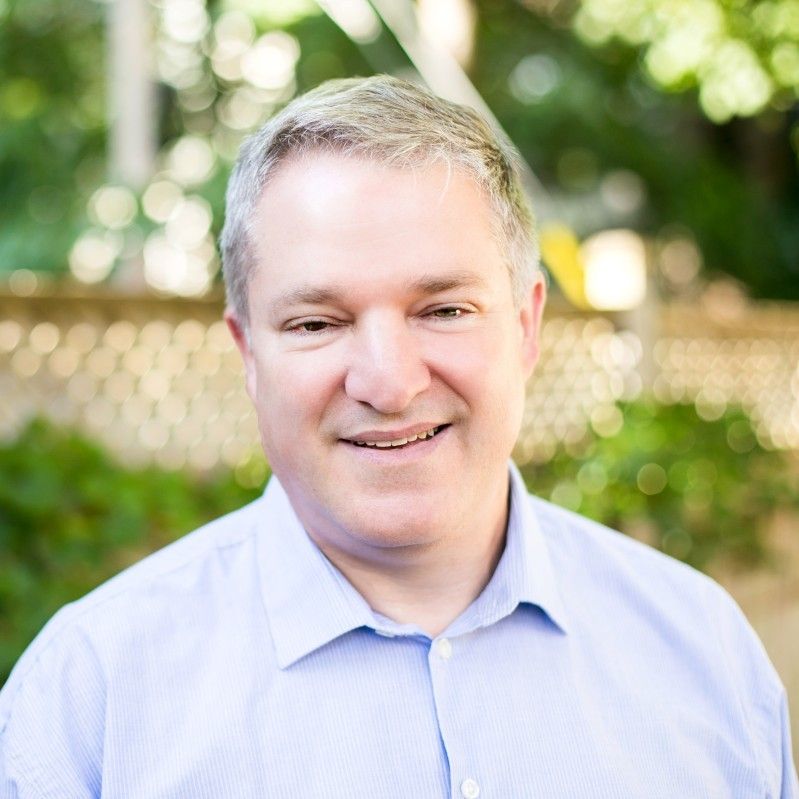
Bequests and Planned Giving for Canadian Charities
Compliance issues relating to bequests and some other forms of planned giving
Enroll in Course
For some people, giving to charities is an important goal and should be integrated into their estate plan. There are many different possibilities for planned giving, including bequests, marketable securities, private foundations, residual gifts, life insurance and RRSP designation, to name but a few. Depending on the donor’s circumstances and interests, some of these planned giving vehicles may be helpful. This course will provide an overview of planned giving, but will really focus on the most important, enduring, popular and sometimes underutilized planned giving tool, namely bequests.
This course, Bequests and Planned Giving for Canadian Charities, covers over 4 hours, the tremendous revenue generation opportunities that bequests and other planned giving vehicles provide charities and non-profits, and the risks for groups when not handling planned giving and bequests appropriately.
The program will cover:
- Tax Benefits for Donations in Canada
- CRA Fundraising Guidance
- Ways To Reduce Fundraising Costs
- Planned Giving/Gift Planning
- Smart Giving vs. Tax-Effective Giving
- Different Planned Giving/Gift Planning Vehicles
- Marketable Securities
- Donor Advised Fund (DAF)
- Private Foundations
- Bequests/Gifts under a Will
- Introduction to Bequests
- Why Bequests are Important to Understand
- Bequests - advantages and disadvantages
- Intestacy – No Will or No Valid Will
- Legal Issues with Bequests
- Ethical Issues with Bequests to Charities
- Practical Issues with Bequests
- Bequest Sample Language
- Encouraging Bequests/Marketing
- Bequest Management
-
Professional
Advisors and Planned Giving
- Other Planned Giving Vehicles
- RRSP/RRIF or TFSA
- Real Estate Donations
- Life Insurance
- Charitable Gift Annuities
- Charitable Remainder Trusts
- Private Company Shares
- Interest-Free or Preferential Interest Loans
- Gift in Kind such as art, jewelry, pharmaceuticals, etc
- Cryptocurrency
This program is designed to allow charities and non-profits to understand the legal requirements and parameters of estate law and to avoid some of the most common mistakes that can cost non-profits and charities significant resources.
Your Instructor

Mark Blumberg is a lawyer at the law firm Blumbergs Professional Corporation (Blumbergs) in Toronto and works almost exclusively advising non-profits and registered charities on their work in Canada and abroad. Mark has written numerous articles, is a frequent speaker on legal issues involving charity and not-for-profit law. He is the editor of a blog, www.CanadianCharityLaw.ca, and created the largest portal of data on the Canadian charity sector, www.CharityData.ca Mark also edits www.SmartGiving.ca, which provides information on due diligence when selecting charities.
Mark is particularly interested in the regulation of non-profits and charities in Canada, philanthropy, transparency requirements for the voluntary sector, providing accessible information on regulatory issues, and the use of data to make more informed decisions on the charity sector.
Mark is quoted regularly in print media and frequently appears on radio and television on topics relating to philanthropy and the regulation of charities in Canada. Mark has also appeared on a number of occasions in front of the House of Commons Standing Committee on Finance on topics such as charity regulation, transparency, accountability and tax incentives for philanthropy. Mark has testified at the Special Senate Committee on the Charitable Sector, the Standing Senate Committee on National Finance and the House Committee on Access to Information, Privacy and Ethics.
Mark has also made presentations to the Charities Directorate Annual All Staff Meeting as well the Annual Divisional Staff Meeting of the Determinations Section of Charities Directorate. Mark presented to the Financial Action Task Force (FATF) when the FATF conducted an evaluation of anti-money laundering and counter-terrorism in Canada in 2015.
Mark sat for 4 years on the Charities Directorate Technical Issues Working Group, which is a bi-annual meeting between the Charities Directorate, the Department of Finance and the charity sector to discuss technical and policy issues pertaining to registered charities and the Income Tax Act (Canada). Mark is a member of the Exempt Organizations Committee of the American Bar Association. Mark spent 6 years on the Advisory Committee for the Master of Philanthropy and Nonprofit Leadership (MPNL) at Carleton University. Mark is on the Board of the Canadian Charity Law Association.
Mark has co-authored 20 Questions Directors of Not-for-Profit Organizations Should Ask About Mergers (Published by CPA Canada) and co-wrote a chapter on International Trends in Government-Nonprofit Relations: Constancy, Change, and Contradictions in Non-profits and Government: Collaboration and Conflict in Non-profits and government: collaboration and conflict (Edited by Elizabeth T Boris and C Eugene Steuerle)
Mark frequently lectures to various industry and professional groups on charity compliance issues including the Chartered Professional Accountants Canada (CPA Canada), as well as CPA Ontario, BC and Alberta, the Canadian Bar Association, Ontario Bar Association, Canadian Association of Gift Planners, Association of Fundraising Professionals, Ontario Hospital Association, Ontario Non-profit Network, and many other organizations.
Mark has a B.A. in Political Science from the University of Toronto, an LLB from the University of British Columbia and an LLM from Osgoode Hall Law School in Tax Law.
Course Curriculum
-
StartSLIDE DECK AND AGENDA
-
StartPart 1 - Tax Benefits for Donations, Reducing Fundraising Costs, Planned Giving, Smart Giving vs. Tax-Effective Giving (46:04)
-
StartPart 2- Different Planned Giving Vehicles, Marketable Securities, Donor Advised Fund (DAFs), Private Foundations (40:57)
-
StartPart 3 - Bequests, Introduction, Why Bequests are Important, Advantages/Disadvantages, Legal Issues with Bequests (67:32)
-
StartOTHER RESOURCES
